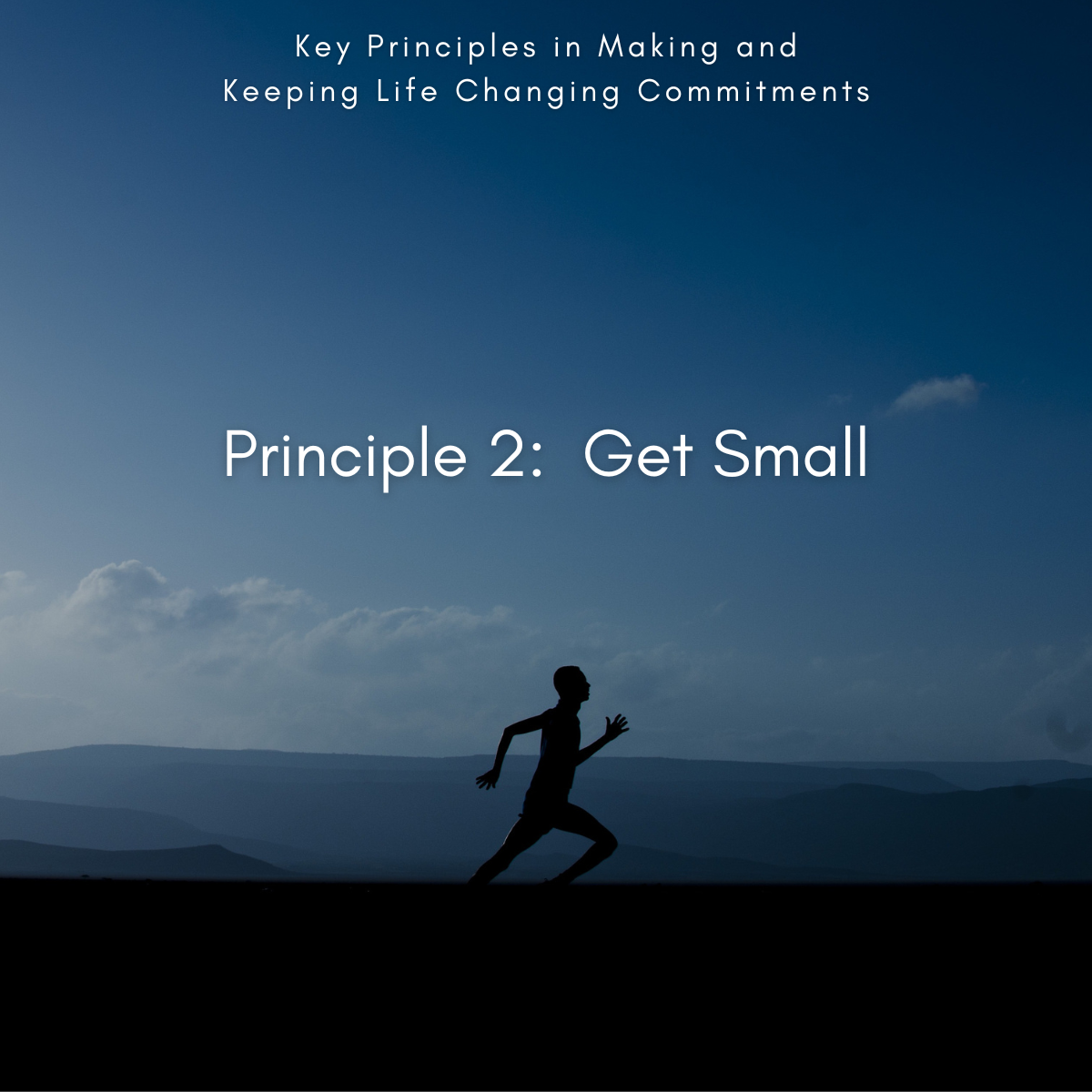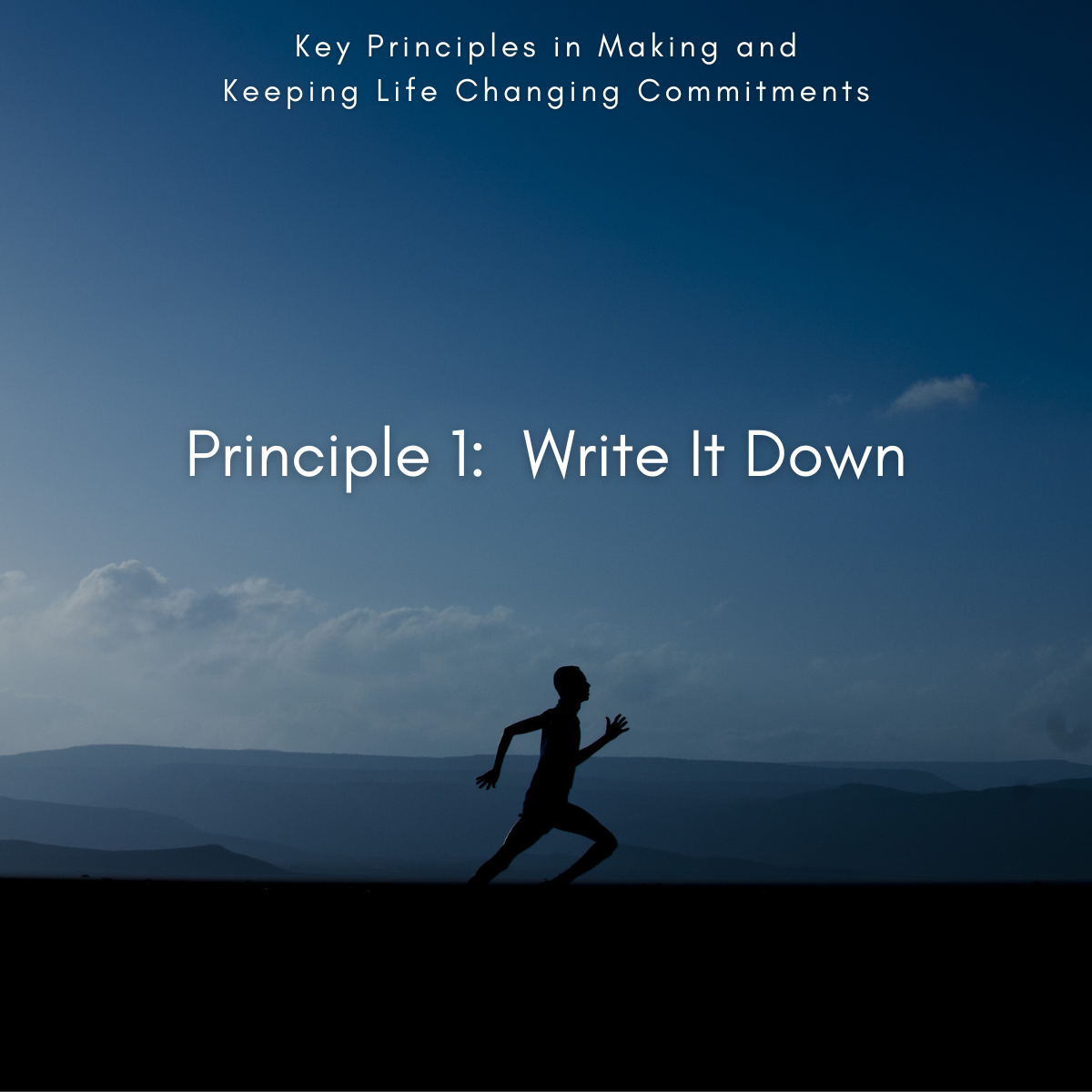“I’ve lived through some terrible things in my life, some of which actually happened.”
― Mark Twain
Mark Twain is one of my heroes. He’s right up there with Bugs Bunny as far as I am concerned. The quote above caught my attention this morning as I was searching for inspiration. To me, Mr. Twain points out our human tendency to imagine that things are worse than they actually are. Why is it that we can get so upset over things that are really of little consequence?
Becoming easily upset is probably just a habit of mind. The Buddhist solution to this problem lies in removing desire. If you don’t want stuff then you won’t be disappointed or upset.
I certainly appreciate Buddhist philosophy, but could never get fully on board, because frankly, I like wanting and getting stuff! Emptying myself of all desire might reduce pain and reduce my need for resources. but, it seems to me that the form of something gives a clue to it’s purpose.
A car, for example, is made to be driven and take you from place to place. If I don’t drive it, then I won’t need to buy gas or maintain the mechanics, I’ll save myself a bunch of effort and remove the need to obtain resources. However, what is a car that is not driven – a Buddhist car? (take it easy Buddhists – let go of that desire to have me characterize your philosophy correctly).
Our form as humans seems to be made for desire. Starting with the foundational desire to stay alive! And from there is continues, we are always going someplace, moving toward our desires; many are base drives like hunger, sex, and sleep – and the rest are more complex – but they all seem to be built in. What is the point of overcoming these desires when they are required to maintain and fully experience life? If life is good, then is not desire good? If desire is inherent in life, then pain and disappointment must be as well? So, if we cannot escape pain and disappointment then perhaps we can manage it, which is probably what Buddhists are up to in large part; reducing unnecessary pain and disappointment. I think the lesson is on the flip side of this coin, to be careful and fully aware of what we desire and why – and embrace the inherent pain and disappointment that inevitably attends.
Maybe feeling upset is just a signal to pay attention to what you desire and why. Is a particular desire worth feeling pain over? That is the question! This question underlies our 365 Commitment daily practice of thinking about, and writing down, what is most important (aka what you really want and desire). Only those things that are most important are worth suffering for. Everything else can be let go of! So, to me the answer is not in letting go of everything, but rather letting go of what is not worth feeling upset about, and embracing the difficulty and pain of pursuing what is.
We will live through terrible things, but much of what we thought was terrible was simply unworthy desires causing unnecessary pain. The truly terrible is when we fail to reach, or we lose, something of real importance.
I can imagine the most interesting man in the world (Mark Twain?) saying, “I don’t always feel pain, but when I do – it’s worth it!”
Ben Wagner (244)
Member The365Commitment



